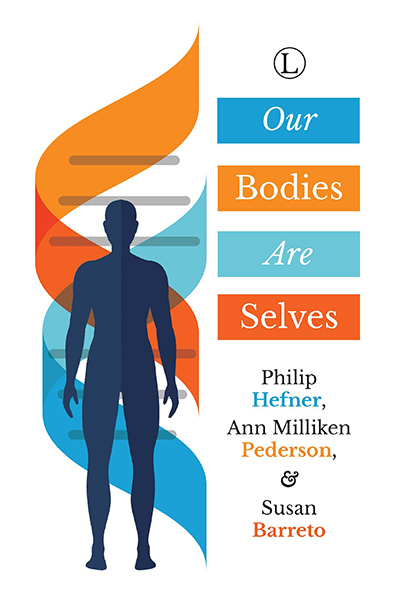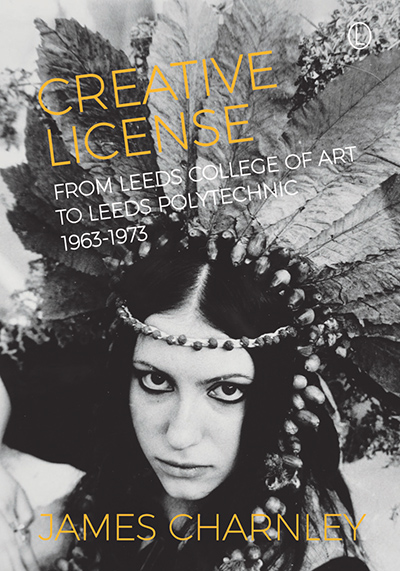Description
Our Bodies Are Selves is a look at what it means to be human in a world where medical technology and emerging ethical insight force us to rethink the boundaries of humanity/spirit and man/machine. This book gives us a fresh look at how our expanding biological views of ourselves and our shared evolutionary history shows us a picture that may not always illuminate who and where we are as Christians. Offering up Christian theological views of embodiment, the authors give everyday examples of lives of love, faith, and bodily realities that offer the potential to create new definitions of what it means to be a faith community in an increasingly technological age of medicine.
About the Author
Philip Hefner is Emeritus Professor of Systematic Theology at the Lutheran School of Theology, Chicago. He was editor of Zygon: Journal of Religion and Science, 1988-2007. His Technology and Human Becoming (2003) is in widespread use as a college text.
Ann Milliken Pederson is Professor of Religion at Augustana College, Sioux Falls, SD. She is the author of The Geography of God’s Incarnation (2013).
Susan Barreto is a journalist, whose work appears on the website of the Lutheran Alliance for Faith, Science and Technology (www.luthscitech.org) and The Lutheran magazine. She is also editor of InvestHedge, a monthly magazine that covers the hedge fund industry.
Contents
Acknowledgments
Abbreviations
1. A New Paradigm: Body-Self
Philip Hefner and Ann Milliken Pederson
2. Getting Around: Disability and Life in the Spirit
Philip Hefner
3. Personal Narrative: Living in the Middle Years
Ann Milliken Pederson
4. In the Early Years: Tiny Promises
Susan Barreto
5. Discovering Our Culture’s Script: A Manifesto about Our Cultural Views of Bodyselves
Ann Milliken Pederson
6. Where Medicine and Christianity Collide
Ann Milliken Pederson
7. A Scientific Take on Our Bodyselves: What Science Tells Us about Our Bodies and Ourselves
Philip Hefner
8. The Human Journey
Philip Hefner
9. Nature, Mystery, and God
Philip Hefner
10. Luther on the Body: Incarnation, Sacrament, Technoself, and Faith
Ann Milliken Pederson
11. The Body of Christ
Ann Milliken Pederson
Afterword
Suggestions for Further Reading
Bibliography
Endorsements and Reviews
In one way or another, most of us work to figure out life. Meaning is complex and often elusive. We are especially challenged when facing the uncertainties of personal illness and decline. This text helps to show us the way. A new paradigm, ‘bodyself’, forcefully challenges the old mind-body dualism of the venerable Descartes and some now antiquated views of medical practice. Hefner, Baretto, and Pederson’s perspective is compelling, with a reasoned approach that draws the reader in.
Jerome W. Freeman, John C. Sall MD Professor in Medicine, Professor and Chair, Neurosciences, USD, Sanford School of Medicine
Each essay is thoughtful and considered. … Imaginative and compelling passages elevate the idea of bodyself above the conventions of dualism.
Roy McCloughry, in Theology, Vol 120, No 3
These authors reclaim the wholeness of a human being as a bodyself in a book that models a reclamation of the authority of human experience in making meaning. As a conversation starter, this book should ignite imaginations so that others will continue to explore the wholeness of our human being, in light of, and to enlighten, our understanding of Christian spirituality and our traditions of faith.
Sarah Agnew, in The Expository Times, Vol 129, No 2
I can wholeheartedly recommend this book, for its wealth of ideas and openness to new insights. Theologically and scientifically inclined readers should equally benefit.
D. Gareth Jones, in Theological Book Review, Vol 27, No 2






